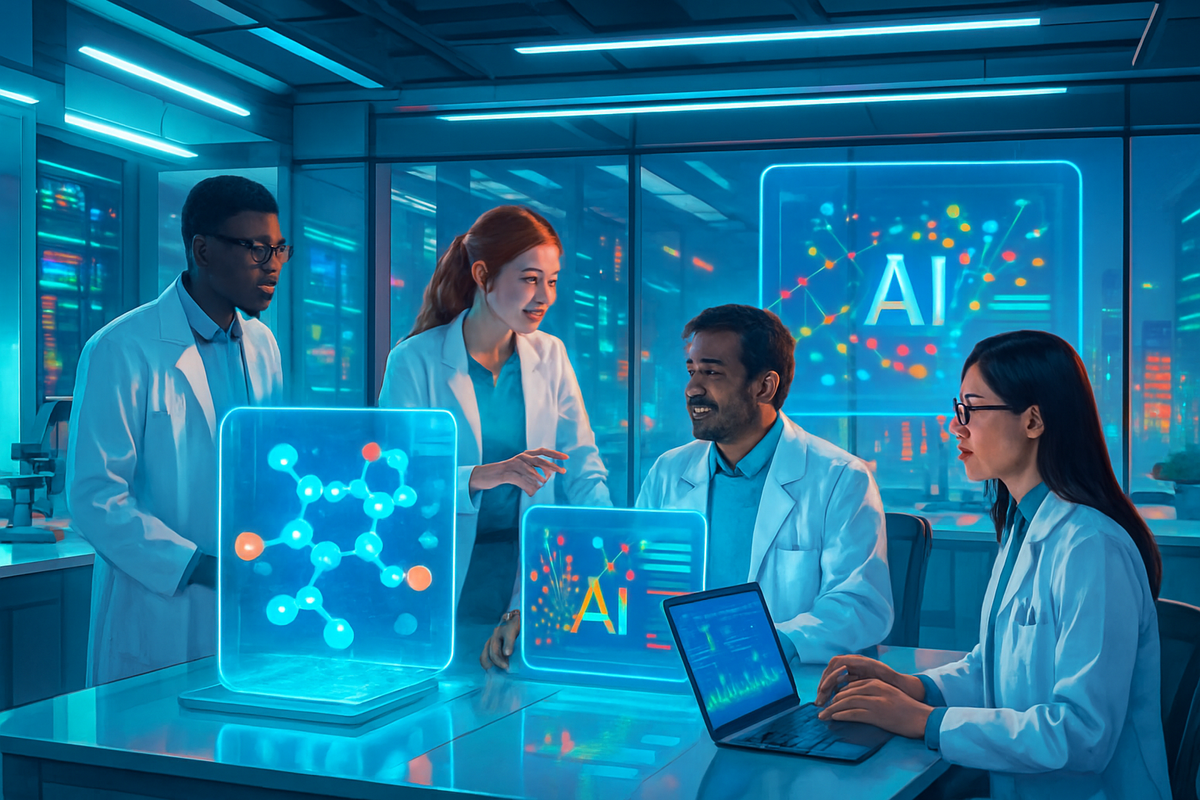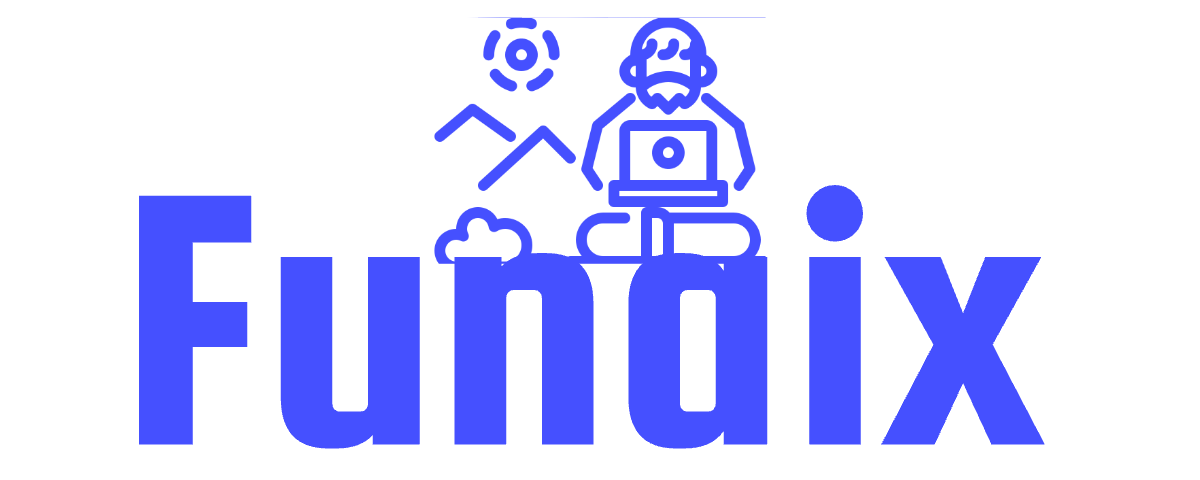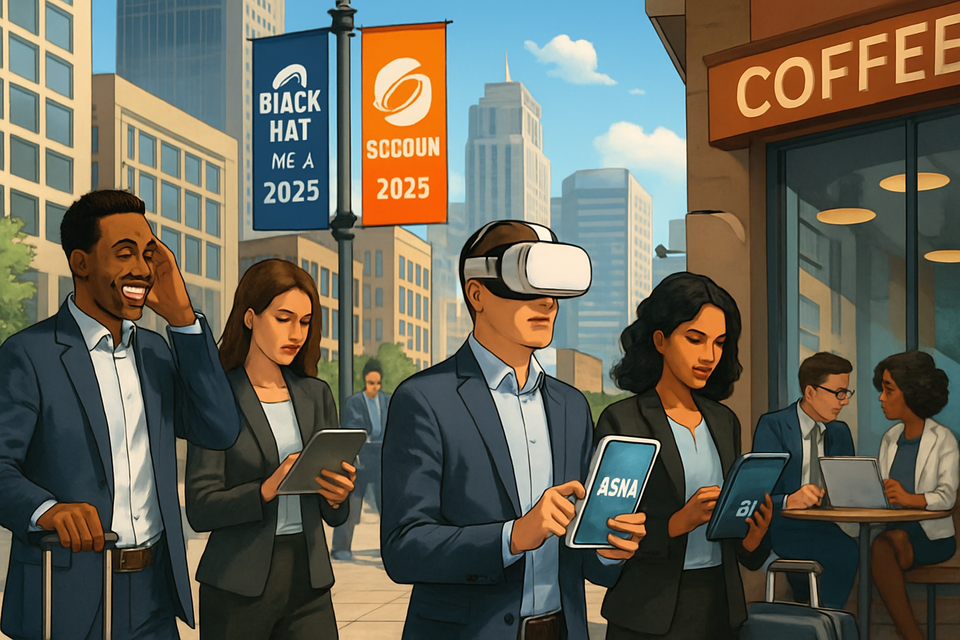AI Drug Discovery Revolution: The Ultimate 2025 Guide to Platforms, Breakthroughs, and Real-World Impact
Step into 2025, where AI revolutionizes drug discovery, transforming it from risk-heavy guesswork to precise, data-driven innovation, promising faster, cheaper, and more effective treatments. Are you ready to join healthcare's next frontier?

Welcome to the AI Drug Discovery Revolution
Imagine a world where supercomputers scout chemical universes, regulators ditch animal testing for digital twins, and billion-dollar pharma deals are inked over AI models faster than you can say "monoclonal antibody". Welcome to 2025—the year artificial intelligence transformed drug discovery from a slow, costly gamble into an audacious, data-driven adventure.
“AI in drug discovery isn’t just a trend—it’s the new foundation for how we fight disease, lower costs, and bring hope to millions.”
2025 at a Glance: The Big Shifts in AI Drug Discovery
- FDA begins phasing out animal testing in drug development, embracing AI and human-relevant models (Reuters).
- Pharma giants like AstraZeneca sign multi-billion dollar AI partnerships (hello, CSPC Pharmaceuticals in China!).
- First AI-designed drugs enter human trials (Isomorphic Labs, DeepMind’s spin-off).
- AI repurposes old drugs (Halicin, originally for diabetes) to defeat superbugs.
- Open datasets and federated AI platforms (Google TxGemma, SandboxAQ, Elix/LINC) supercharge global innovation.
- AI-driven Alzheimer’s breakthroughs expand early detection and patient access (IGC Pharma).
Let’s unpack what this means—whether you’re a healthcare pro, investor, or just want to live long enough to see Mars colonized.
The Platforms Powering the Revolution
Google TxGemma: AI for All
Google’s TxGemma project is set to unleash "open" AI models for drug discovery, capable of interpreting both natural language and complex molecular structures (TechCrunch). Think of it as GPT-4, but instead of writing emails, it’s predicting which molecules will knock out cancer or COVID-37.
Elix/LINC: Federated Learning Goes Pharma
In Japan, Elix and LINC have commercialized the first AI drug discovery platform using federated learning—training models on private data from 16 pharmaceutical companies without sharing the data itself. Privacy? Check. Power? Double check.
SandboxAQ: Data to Fuel the AI Engine
Nvidia-backed SandboxAQ just released a massive dataset of 5.2 million synthetic molecular structures, letting scientists and AI models predict drug-protein binding with unprecedented speed (Reuters). The result? Faster, cheaper, and more diverse drug candidates—no unicorn tears required.
Landmark Partnerships & Mega-Deals
AstraZeneca and CSPC Pharmaceuticals inked a $5.2 billion deal to co-develop AI-powered treatments for chronic diseases, including next-gen pills for immunological disorders (Financial Times).
Insilico Medicine and UAE University are teaming up to grow local biotech talent and push AI-driven research in the Middle East’s fastest-growing health sector.
Isomorphic Labs (DeepMind’s pharma arm) is sending its first AI-designed molecules into human clinical trials—think of it as the Turing Test for medicine. Will the drugs pass?
Regulatory Earthquake: FDA Embraces AI, Says Goodbye to Animal Testing
In 2025, the U.S. FDA announced it will replace most animal testing in drug development with AI-based models and lab-grown human tissues (Reuters). Why?
- AI models predict toxicity and efficacy faster and often more accurately than animal models.
- Lab-grown organoids mimic human biology better, speeding up approvals and slashing costs.
- Animal welfare meets Silicon Valley—finally!
“The new approach will help improve drug safety, lower research and development costs and drug prices.” — FDA, April 2025
Real-World Breakthroughs: From Superbugs to Alzheimer’s
Antibiotics: AI Resurrects Halicin
Remember Halicin? Once a diabetes drug, now AI has repurposed it into a superbug killer, effective against 17 out of 18 multidrug-resistant strains (News Medical). It’s a plot twist worthy of Hollywood—except the stakes are global health, not box office.
Alzheimer’s: AI for Early Detection and Drug Discovery
IGC Pharma is presenting MINT-AD, an AI model trained on 100+ global datasets to predict Alzheimer’s risk and cognitive decline. Even more impressive: it predicts dementia scores using only socioeconomic data—no brain scans required.
That’s accessibility for the billions, not just the billionaires.
AI-Guided Pipelines: From Target to Treatment
Researchers are now running end-to-end AI pipelines that identify novel targets, design molecules, and filter candidates for synthesis—all in silico, at record speed (arXiv). The future? Personalized, rapid-response drug design for rare and emerging diseases.
What Does This Mean for You?
- Patients: Faster access to safer, more effective treatments—potentially at lower cost.
- Pharma & Biotech: R&D cycles shrink, risk drops, and competition heats up (bring your best AI).
- Investors: New winners (and losers) as AI-native companies and platforms dominate pipelines.
- Health Pros & Policy Makers: Get ready for new workflows, new regulations, and a tidal wave of digital health data.
Feeling inspired—or maybe a little overwhelmed? You’re not alone. The best way to stay ahead of the curve is to keep learning and connect with others shaping this revolution.
Expert Takeaways: Your 2025 Action Plan
- Stay Informed: Subscribe to trusted sources (and join Funaix Insider for the sharpest updates, free).
- Upskill: Explore AI in healthcare courses, webinars, and professional networks.
- Engage: Attend conferences, join interdisciplinary teams, and share your perspective—this field is moving too fast for lone wolves.
- Advocate: Push for ethical, transparent, and inclusive AI in drug development. Patients (and future you) will thank you.
Final Word: The Future is Now—And It’s AI-Powered
From regulatory sea changes to jaw-dropping scientific breakthroughs, 2025 is the year AI took drug discovery from the lab to the living room—and gave hope a quantum leap. Ready to be part of the revolution? Stay curious, stay connected, and subscribe for free to join the smartest, most adventurous minds in health innovation.
Written by the Funaix Editorial Team — July 31, 2025Want more insights? Become a Funaix Insider for early access to smart news & unique perks, always free.




